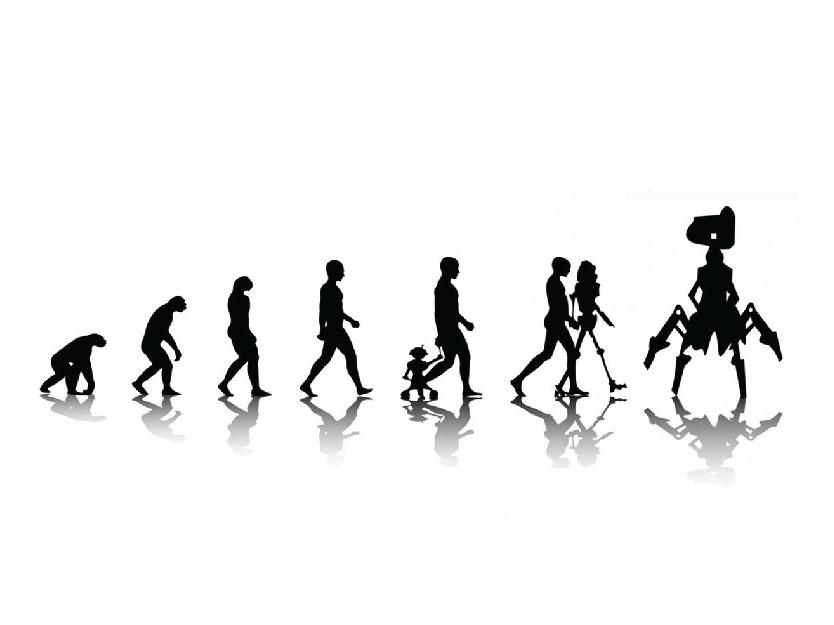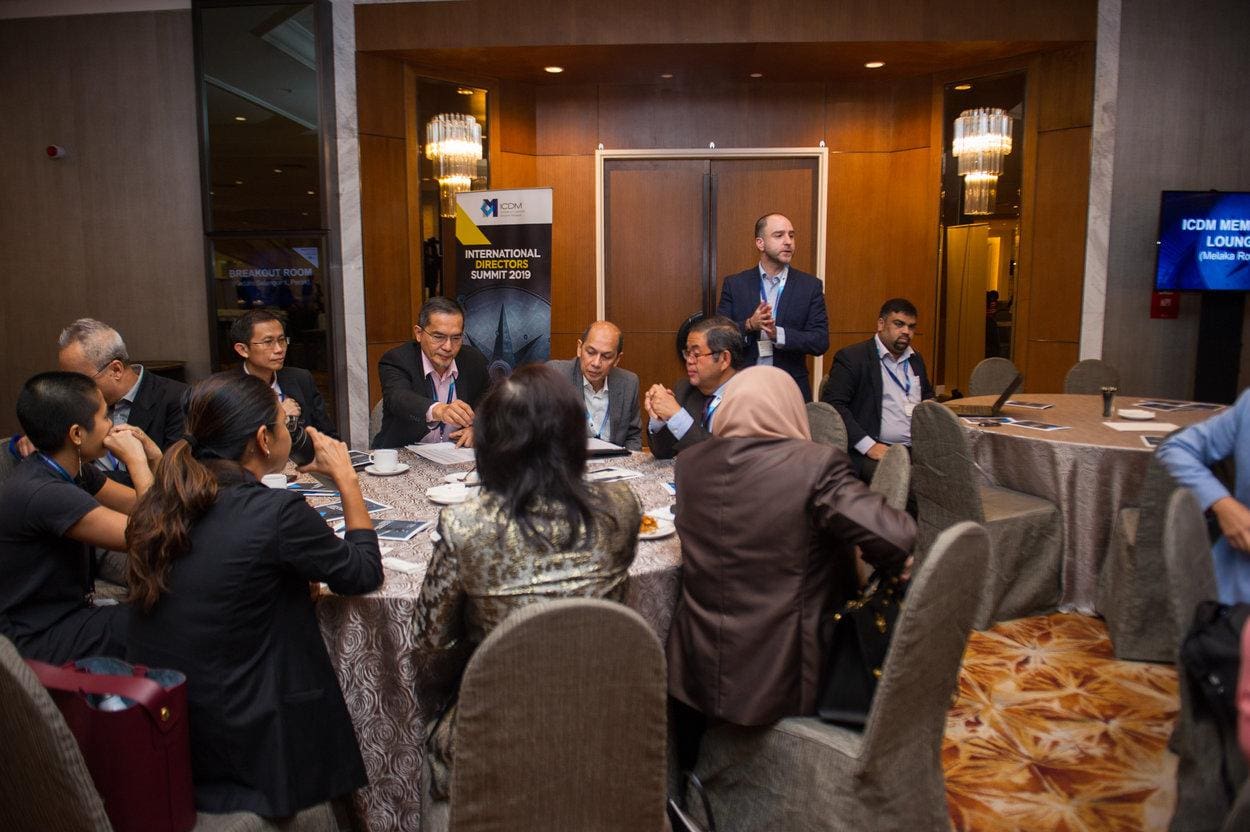(I notice a trend recently to learn lessons for business from popular movies or books. Sci-fi and fantasy seem popular choices. So, here we go.)
Lord Voldemort. The Dark Lord. “He-Who-Must-Not-Be-Named.”
The primary antagonist of the Harry Potter novels.
All of the recent talk around whether regulators should “break up” Big Tech (Amazon, Apple, Facebook, Google) reminds me of the defeat of Voldemort.
Let me explain why.
At the end of The Deathly Hallows, the Dark Lord is not defeated by a mature wizard (think Dumbledore — headmaster of Hogwarts — a public authority in the context of Big Tech) but a small, somewhat nerdy boy in glasses. With the help of his friends.
Voldemort’s own hubris is his undoing. His downfall is the direct result of his failure to take the “Muggle” child seriously. He is disrupted by a misguided belief in his own power and an inability to see a younger, highly motivated rival as his equal.
Until it is too late.
Voldemort became arrogant and complacent. He failed to understand that the world had changed.
This is strong stuff. It suggests that the leviathan “solution” isn’t always the best option. Sometimes, disruption comes from the most unexpected places (in this case, 4 Privet Drive). This is the best way to defeat the powerful.
But Harry Potter is just a story, right? Why should we take this metaphor seriously?
Because the digital revolution facilitates the disruption of incumbents in ways that were not previously possible. And incumbency (always?) breeds arrogance and (ultimately) complacency.
Be Harry Potter
In a digital world, size doesn’t matter anymore. Resources don’t matter that much. History doesn’t matter. It is as if abundance has become a burden.
Instead, what matters is agility. Speed of movement. Talent. Creativity. Teamwork. Loyalty. Diversity.
Think Harry, Ron, and Hermione.
Their values are the values of the future. Their values are already the values of today. Even if many people don’t realize it yet.
The resources of a digital world — are (relatively) costless. Think software. And consumers are flighty. They will migrate quickly if a better alternative is available.
Success is fleeting and fragile.
Don’t Be Voldemort!
Some of the leaders of Big Tech understand the fragile position of their companies.
Jeff Bezos, founder, CEO, and Chairman of Amazon, put this well in a 2013 interview:
“Companies have short life spans, and Amazon will be disrupted one day. I don’t worry about it because I know it’s inevitable. Companies come and go. And the companies that are the shiniest and the most important of any era, you wait a few decades, and they’re gone.”
The leaders of Big Tech have one mission. Delay, for as long as possible, disruption day.
And, here is where things can get ugly. You can read a lot of examples in the media (old and new) that suggest Big Tech companies have built a “kill-zone” around themselves. They destroy everything and everyone that forms a threat. They control what happens on their platforms to the terminal detriment of rivals.
Recently, we see more and more moves towards vertical integration, Big Tech owns distribution and content. Food delivery platforms run kitchens. Video game platforms invest in video game development. Streaming service companies invest more and more in original production/content.
With their money and data (the “new oil”), Big Tech is becoming more and more monopolistic. To eliminate the threat of perceived rivals, Big Tech may feel the need to protect and reinforce their (monopoly) position, resulting in unethical (or worse) behavior. Some platforms have abused their market power. Some have failed to engage with key stakeholders, changing the rules of the game without consulting others. Some have compromised the privacy of platform users.
It is no surprise that the call for segregating market facilitators (platform owners) and content makers is becoming louder and louder.
Of course, there is something to government interference. But before we spend a lot of money and time on the breakup of tech monopolies, we should realize that the Big Tech becoming more centralized and more “corporate” may very well mark the beginning of their demise. Think of it as the Voldemort moment.
We see another group of large and established companies disrupting industries and business models. These companies have started to embrace a decentralized approach. In these companies, we see a powershift from c-level leadership to entrepreneurial and decentralized teams.
These teams operate as micro-enterprises that drive innovation and business. They make use of the wisdom of the crowd. They build ecosystems, engage with consumers, and encourage co-creation.
An often-discussed example recently is the Chinese electronics company Haier (which is rapidly transforming in an IoT company with some elements of vertical integration). Lego, the manufacturer of plastic construction toys is another.
The more decentralized approach could be the first step towards sustainable Decentralized Autonomous Organizations. Think about it. We are living in a customer-centered world and the digitization of everything.
The architecture of this new world is less about influential leaders and strict procedures. The architecture of the new world is about small pieces/nodes, loosely joined/connected. The hierarchical and stringent corporations are being replaced by fluid, dynamic ecosystems.
In a more decentralized world, it will become more difficult for centralized monopolies to survive. Their corporate approach will quickly work against them.
Remember J.K. Rowling
I guess the point I want to make is that some things in life are obvious. Some less so.
And then there are things that seem obvious after the fact. But less so at the time.
The disruption and failure of companies often fall in this third category. Everyone is wise after the fact about the failure of Blackberry, Kodak, etc. We laugh now at their mistakes, but — at the time — few could see it coming.
Again, this reminds me of Harry Potter.
J.K. Rowling received multiple rejections from publishers before getting a book contract. Book editors were convinced that children wouldn’t read fantasy books about a wizard school.
In retrospect, this was a terrible misjudgment. Children and also adults love these stories now. It is funny how something can seem very obvious after the fact, but — at the time — far less so.
The same fate awaits Big Tech if they continue to behave as Voldemorts. Harry Potter-style companies will make sure that breakup discussions will soon become irrelevant.
And Be Wary of Horcruxes!
Please don’t misunderstand. None of this is meant to suggest that we don’t need to have a serious discussion about the values and practices of “Voldemort-type companies.” I am as concerned as anyone about the direction Big Tech is going. For sure, the evolution of their business model from “connect the world” to “convert our lives into data, monetize that information, and control our choices” is disturbing.
But we need to understand that simply breaking up Voldemorts will kill innovation and may, unintentionally, lead to unexpected and uncontrollable side effects.
I never really got my head around “horcruxes.” But the fact that Voldemort wanted to fragment his soul into 7 — or was it 8? — pieces for the purposes of attaining immortality provides one final metaphor.
Breaking up “evil” doesn’t necessarily make that evil go away.
This article is taken from here.
Photo by Artem Maltsev on Unsplash.

 4.8
4.8 




















